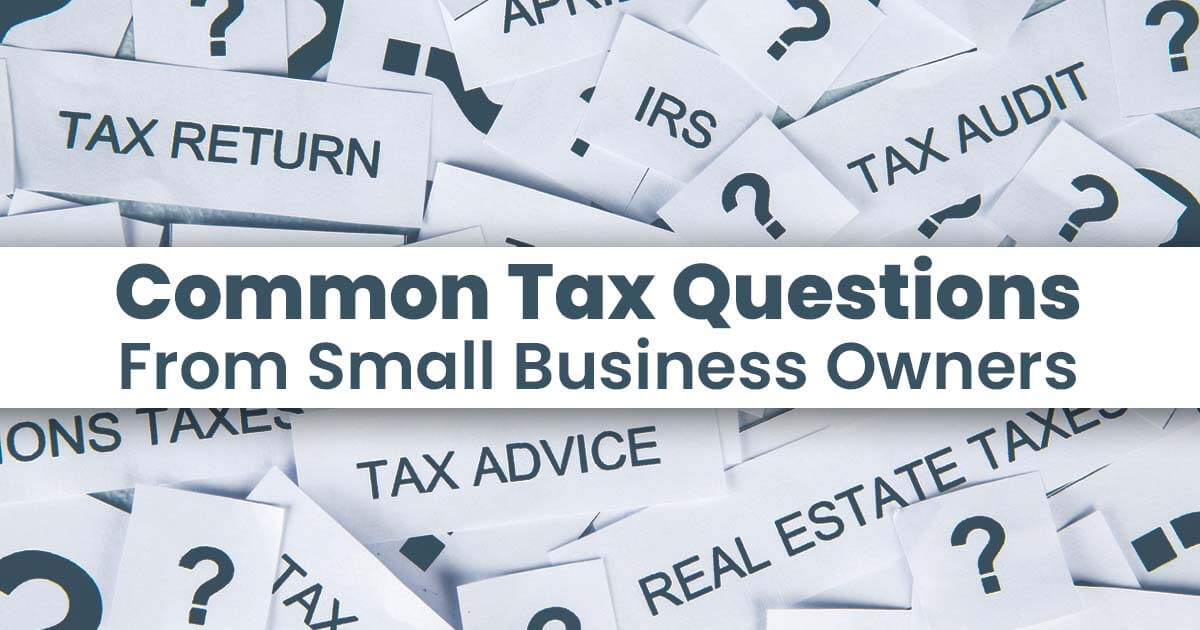Accounting and Bookkeeping Services in North Carolina
1-800Accountant, America’s leading virtual accounting firm for small businesses, handles all your time-consuming bookkeeping and accounting duties with seamless, end-to-end services purpose-built to help your small business develop and grow in North Carolina.

Our Accounting Services for North Carolina Small Businesses
Business Tax Preparation: Get your taxes prepared and filed by a CPA experienced in your industry, and always have confidence in your business tax situation. Our CPAs, with more than 17 years of experience on average, can save your business thousands annually when you leave the complexities of North Carolina tax preparation to them.
Bookkeeping: Strengthen your financial foundation and manage cash flow with error-free bookkeeping done for you that saves time and generates important data-backed business insights. This detailed work provides the best tools for interpreting data with easy-to-understand reporting, enabling your accountant to generate crucial financial modeling.
Tax Advisory: Business tax considerations don't end in April. Through our affordable tax advisory service, you can receive the guidance you need when you need it year-round from a dedicated small business CPA. Strategic planning helps minimize your business tax liability in North Carolina throughout the year while ensuring compliance.
Payroll: Save numerous hours every pay period with our comprehensive payroll services handled for you, including regular tax submissions to the state of North Carolina. This ensures accuracy and gives you the freedom to focus on other aspects of your business.
Business Formation: Experience the advantages of officially establishing your business in the state of North Carolina with our complimentary incorporation service. Just pay North Carolina state fees, and we'll handle the rest. This puts you on a path to be able to hire employees, create a business bank account, and enjoy an adjusted business tax structure and maximum tax savings.

Discussing your business taxes with 1-800Accountant is quick and easy:
- Set up a time for us to give you a call.
- Tell us what’s going on with your business.
- Get matched with an accountant who knows your industry & local regulations.

North Carolina Corporate Tax Rates and Brackets
| Corporate Tax Rate | Corporate Tax Bracket |
|---|---|
| 2.50% | $0 |
When Do You Have to File Business Tax Returns in North Carolina?
| Partnerships Due Date - Annual Returns | C-Corp Tax Due Date - Annual Returns | S-Corp Tax Due Date - Annual Returns |
|---|---|---|
| The 15th day of the fourth month after taxable year end | The 15th day of the fourth month after taxable year end | The 15th day of the fourth month after taxable year end |
LLC Renewal Dates and Fees in North Carolina
| How Often Do You Have to Renew Your LLC? | LLC Formation Filing Fee | LLC Yearly/Biennial Filing Fee |
|---|---|---|
| Annually | $125 | $200 |
Single Filers - North Carolina Tax Rates and Brackets
| Single Filer Rates | Single Filer Brackets |
|---|---|
| 4.50% | $0 |
Single Filers - North Carolina Exemptions and Deductions
| Standard Deduction (Single) | Personal Exemption (Single) |
|---|---|
| $12,750 | n.a. |
Married Filing Jointly - North Carolina Tax Rates and Brackets
| Married Filing Jointly Rates | Married Filing Jointly Brackets |
|---|---|
| 4.50% | $0 |
Married Filing Jointly - North Carolina Exemptions and Deductions
| Standard Deduction (Couple) | Personal Exemption (Couple) |
|---|---|
| $25,500 | n.a. |
What to Look for in North Carolina Accounting and Bookkeeping Services
When choosing an accountant or bookkeeper for your North Carolina small business, you should consider these factors:
Relevant Certifications and State Compliance Knowledge: Look for accountants with relevant certifications, such as a CPA designation. Ensure they have a comprehensive understanding of North Carolina's specific tax laws, compliance requirements, and filing deadlines impacting your operations.
Industry-Specific Experience and Specialization: Seek accountants with experience in your industry. Specialized knowledge can significantly help in managing industry-specific financial matters, strategic planning, and compliance.
Familiarity with Local Economic Environment: Choose an accountant who understands North Carolina's economic landscape, including prominent industries, including technology, manufacturing, healthcare, agriculture, and tourism. Local insights can impact strategic financial decision-making and tax planning
Knowledge of State Tax Incentives: North Carolina offers various tax incentives for your business, such as credits for job creation, research and development, and manufacturing. An accountant with expertise in navigating these incentives can help you maximize your benefits.
Accessibility and Communication: Ensure the accountant is accessible and maintains clear communication. Their ability to explain financial matters in an understandable way is crucial for informed decision-making.
Reputation and References: Check reviews, ask for references, and gauge the accountant's reputation in the North Carolina business community. A strong track record can be indicative of reliability and competence.

Serving Small Businesses Throughout the Entire State of North Carolina
- Durham
- Charlotte
- Asheville
- Winston-Salem
- Raleigh
- Wilmington
- Fayetteville
- Greensboro

Talk to a business tax expert today for all your tax needs in North Carolina.
*Based on a $12.2k average 2022 tax refund per client, which is 4x the cost of a full-service package. Source: first-party data.
*Includes average business tax preparation, form completion and submission, record keeping, and other misc admin time. Source.
*Historical first-party data.



